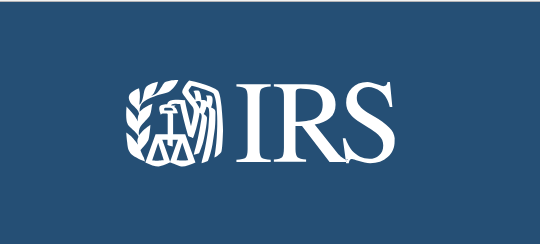
I’ve bought cryptocurrencies on exchanges like Binance and Cryptopia, and I was curious if there were any reporting requirements besides simply reporting trades on an Form 8949. In my research I discovered there are two reporting thresholds. If you have holdings in cryptocurrency exchanges over $10,000 and/or $50,000, take head. I personally have never held even close to these amounts, as I only buy and transfer to wallets for which I hold the private key. Given the unpredictability of the crypto markets, anyone could have some random coin on an exchange that could shoot up past $10,000, so it’s good to have these requirements in the back of your mind.
I am sure there are people in the US who may hold significant amounts on exchanges like Binance to receive airdrops, etc. The last thing you want is to be blindsided by this, especially when you bought your initial crypto on Coinbase or your public key is readily identifiable, where it can be traced to the foreign exchange through Chainalysis.
Here are the forms:
FBAR (FinCEN 114, Report of Foreign Bank and Financial Accounts)
The first threshold is $10,000US, which requires you to fill out an FBAR (Report of Foreign Bank and Financial Accounts). You must fill one out if:
- the United States person had a financial interest in or signature authority over at least one financial account located outside of the United States; and
- the aggregate value of all foreign financial accounts exceeded $10,000 at any time during the calendar year reported.
This form is filled out immediately when the threshold has been reached.
Fill one out here:
https://bsaefiling.fincen.treas.gov/NoRegFBARFiler.html
More information here:
If you fail to file, “the IRS may assess an inflation-adjusted civil penalty not to exceed $12,459 per violation for non-willful violations that are not due to reasonable cause. For willful violations, the inflation-adjusted penalty may be the greater of $124,588 or 50 percent of the balance in the account at the time of the violation, for each violation.”
Form 8938, Statement of Specified Foreign Financial Assets
https://www.irs.gov/forms-pubs/form-8938-statement-of-foreign-financial-assets
This form is filed along with your tax return.
According to the IRS, “a specified person (either a specified individual or a specified domestic entity)”, “must file Form 8938 if the total value of those assets exceeds $50,000 on the last day of the tax year or $75,000 at any time during the tax year.”
Failure-To-File Penalty If you are required to file Form 8938 but do not file a complete and correct Form 8938 by the due date (including extensions), you may be subject to a penalty of $10,000. Continuing failure to file. If you do not file a correct and complete Form 8938 within 90 days after the IRS mails you a notice of the failure to file, you may be subject to an additional penalty of $10,000 for each 30-day period (or part of a period) during which you continue to fail to file Form 8938 after the 90-day period has expired. The maximum additional penalty for a continuing failure to file Form 8938 is $50,000.
Here is a side by side comparison of the two forms:
https://www.irs.gov/businesses/comparison-of-form-8938-and-fbar-requirements
Please don’t take my word for this, consult with your personal tax accountant or CPA. When the time comes you can bet that I will!

